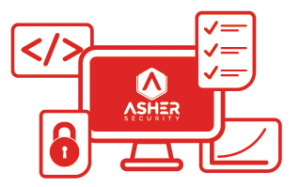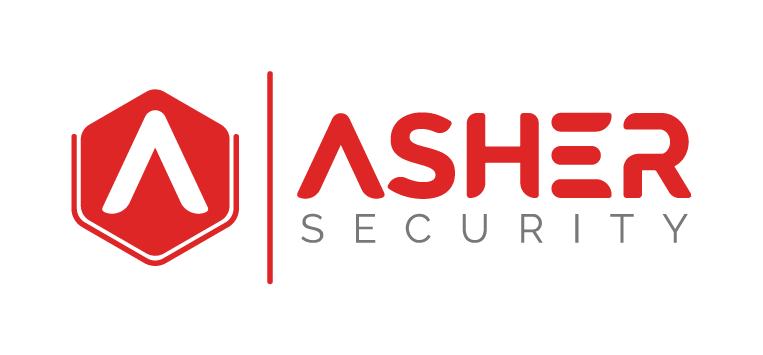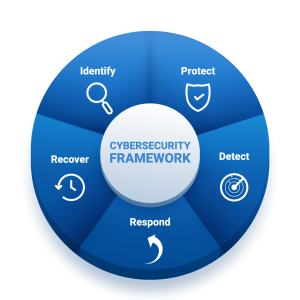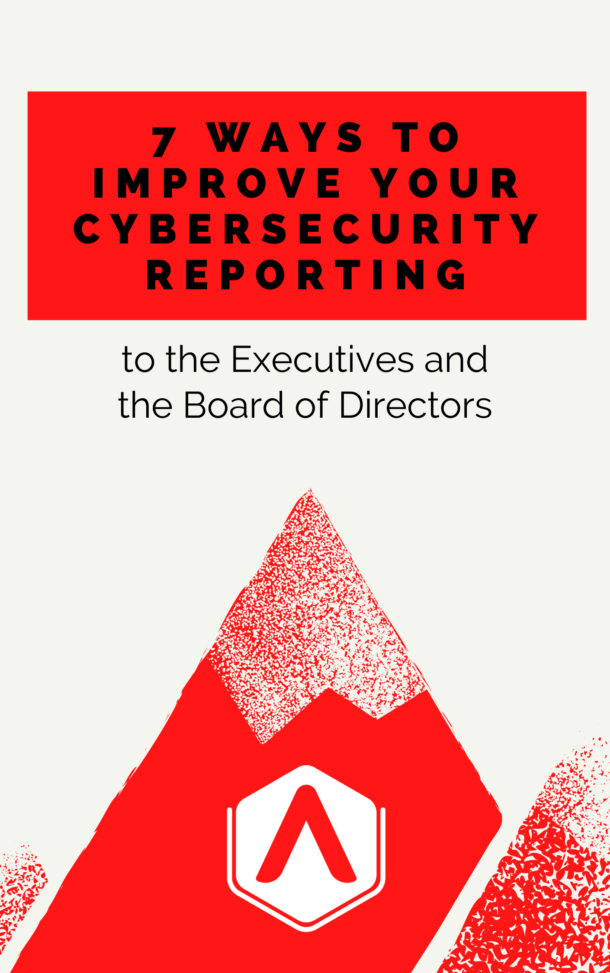The Role of vCISO Services in Educational Institutions:
Safeguarding Sensitive Student Data
Educational institutions are the cornerstone of every society. But did you know that 97% of higher education institutions, 86% of further education colleges, and 71% of secondary schools were affected by cyber-attacks in the past year?

Why?
Educational institutions are attractive targets for attackers due to the wealth of sensitive student information they manage.
This underscores the importance of prioritizing the security of these institutions.
In this context, engaging a Virtual Chief Information Security Officer (vCISO) or vCISO services, is not just a smart strategic move—it’s a necessary step in fulfilling an institution’s ethical and legal responsibility to protect the personal data of the younger generation.
Why a Virtual CISO Matters in Education
Any educational establishment must protect its students in addition to maintaining academic excellence as its primary obligation. Student records encompass complete names and home addresses alongside personal email addresses and social security numbers which create critical data protection needs.
The vCISO brings extensive expertise to help educational institutions create valid cybersecurity programs through standards-based and compliant practices. These protective measures enhance security for essential educational services benefiting student learning.
1. Regulatory Compliance: FERPA and Beyond
A vCISO will begin their initiatives by evaluating regulatory compliance requirements. Educational institutions need to follow the Family Educational Rights and Privacy Act (FERPA) because it establishes federal laws about student education record privacy and access. Every institution must uphold FERPA compliance because it determines the fundamental practices for student record management.
Schools jointly collaborate with state agencies that adopt their cybersecurity measures by following guidelines from NIST 800-171 as well as other NIST 800-series frameworks. The vCISO services verifies that security policies together with controls and procedures from the institution adhere directly to established standards.
2. Implementing Robust Cloud Security Practices bu vCISO services
The educational system now mainly delivers lessons through digital platforms. Educational institutions substantially depend on Software-as-a-Service (SaaS) solutions because they use them for remote learning platforms and cloud-hosted administrative systems.
Venue-based platforms collect student credentials together with individual identification information during storage and processing operations.
A vCISO operationalizes cloud security best practices which also include:
- The organization should practice restraint in gathering along, with storing individual information.
- The proper identification must exist between external cloud systems and their internal student record systems.
- Institutions must enforce both strict control of platform access levels along with multi-factor authentication.
- The organization needs to adopt encryption for data protection when both data is transmitted and when data is stored.
The reduction of necessary data collection coupled with strict control systems for data storage helps institutions significantly decrease their exposure to risks.
3. Security Frameworks and Attestation Support
Academic organizations need to undergo thorough security assessments before starting partnerships with vendors and government bodies or accreditation agencies. A vCISO helps institutions to streamline the assessment process through the following functions:
- The institution needs preparation to obtain attestation or certification through SOC 2 Type 2.
- Leading control implementation and documentation.
- The vCISO gathers evidences that external auditors need to provide their assessment.
Such processes lead to better compliance while accelerating the launch of new programs or partnerships which enhances institutional competitive position.
4. Building Resilience Beyond Compliance
 The implementation of Cybersecurity in education needs to exceed basic checklist compliance.
The implementation of Cybersecurity in education needs to exceed basic checklist compliance.
A vCISO confirms that the institution maintains active policies, established processes, and technology that covers the entire cybersecurity triad:
- Confidentiality: Keeping sensitive data private.
- Integrity: Data accuracy depends on the security processes to maintain information authenticity throughout the system.
- Availability: The systems together with data must remain accessible at all times for necessary use.
From developing incident response plans to guiding disaster recovery strategies, a vCISO ensures the institution can respond swiftly and effectively to a wide range of cyber threats.
Final Thoughts
 The role of a Virtual CISO in an educational setting extends far beyond IT support. It’s about preserving trust, protecting student futures, and ensuring that educational institutions can continue their mission without disruption.
The role of a Virtual CISO in an educational setting extends far beyond IT support. It’s about preserving trust, protecting student futures, and ensuring that educational institutions can continue their mission without disruption.
If you’re part of an academic organization and are exploring how to strengthen your cybersecurity posture, consider vCISO services, they can make a meaningful difference.




Recent Comments